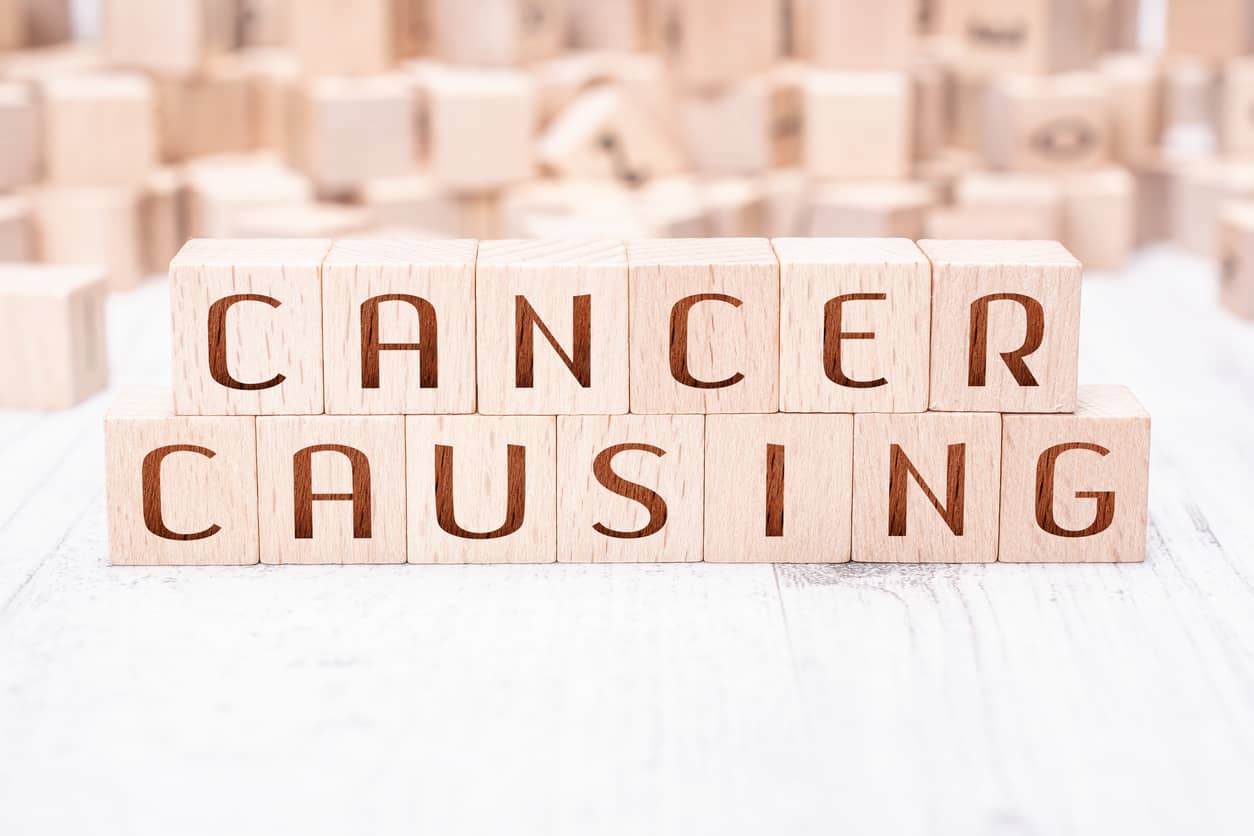Second Monsanto Roundup Bellwether Trial Begins

More than 11,000 Roundup lawsuits are pending in state and federal courts across the country. The second Monsanto Roundup trial is scheduled to begin this month. A San Francisco jury will hear a lawsuit brought by Edwin Hardeman, a 70-year-old man. Hardeman claims that he worked with Roundup for more than three decades on his 56-acre Sonoma County farm.
Hardeman was diagnosed with non-Hodgkins lymphoma in 2015. In his lawsuit, he claims that exposure to glyphosate, the active ingredient in Roundup, is responsible for his diagnosis. He is demanding compensation medical bills, pain and suffering, and other damages he’s suffered because of the toxic pesticide.
Jury to Decide Science, Liability
In August 2018, a San Francisco jury ordered Monsanto to pay a California man $289 million for injuries they believe he suffered because of exposure to Roundup. The verdict was based largely on evidence suggesting that Monsanto manipulated scientific studies and intentionally misled the public about the health effects of glyphosate. Shortly after the verdict, a Calfornia judge reduced the award, claiming that the punitive damages were excessive.
The judge also agreed to change the process for future Roundup litigation. Roundup lawsuits must now be tried in two stages.
- First Stage: Jury considers scientific evidence and determines whether or not they believe glyphosate causes cancer.
- Second Stage: Jury considers Monsanto’s liability for glyphosate-related injuries.
Roundup trials will only proceed to the second stage if juries determine that there is enough evidence to suggest glyphosate does, in fact, cause cancer. Monsanto’s liability will not be litigated if a jury finds a lack of scientific evidence to suggest the pesticide is carcinogenic.
Evidence in Roundup Trials Isn’t Black and White
Initially, juries would be prohibited from considering evidence concerning Monsanto’s alleged research-tampering and fraudulent conduct during the first stage of Roundup trials. However, plaintiffs attorneys have argued that juries need to consider evidence of Monsanto’s alleged misconduct when deciding the scientific issues.
A California judge was persuaded by these arguments, explaining that it’s hard to distinguish between “scientific evidence and allegations of corporate misconduct.” So, the jury in Hardeman’s trial will be presented with evidence of misconduct and science. As a result, the result of this second bellwether trial may not be that different from the first.
Results of Bellwether Trials Expected to Impact Pending Lawsuits
Hundreds of Roundup lawsuits have been consolidated in an MDL in California. Each plaintiff in the MDL has the opportunity to have his or her case litigated in court. The lawsuits chosen to go to trial first are typically (a) time-sensitive or (b) believed to have the best chance of success. These are known as bellwether trials.
Bellwether trials are used to test the waters. The results of bellwether trials can be used to:
- Determine the strengths and weaknesses of the claims in the MDL, and
- Assess the potential value of the plaintiff’s claims.
If defendants are successful in early bellwether trials, plaintiffs in the MDL can adjust their strategies and handle their cases differently.
If plaintiffs are successful in early bellwether trials, that can bode well for others in the MDL. Companies like Monsanto may be eager to avoid additional losses in court and offer to settle pending cases.
